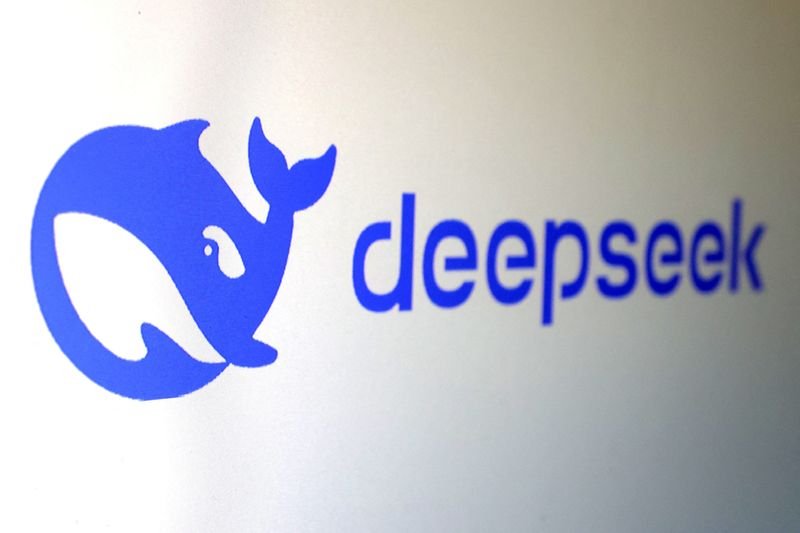LUCERA BANKS ON BSO TO BOOST TRADING ACCESS TO LEADING FX HUBS
Published by Gbaf News
Posted on October 23, 2017
4 min readLast updated: January 21, 2026

Published by Gbaf News
Posted on October 23, 2017
4 min readLast updated: January 21, 2026

Leading market infrastructure provider Lucera has selected BSO’s Chicago-New York-London-Tokyo connectivity route to expand its global FX trading reach, as trading volumes start to rise.
The agreement combines Lucera’s on-demand Software Defined Network (SDN) with BSO’s ultra low-latency circuit, enabling electronic traders to seek out new sources of FX trading flow and access the major currency regions faster. With average daily currency volumes reaching a 10-month high in September (Source: NEX Group), the added low-latency access provides Lucera’s clients, which include major investment banks, electronic market makers and hedge funds, with the best possible chance of tapping into available liquidity.
Commenting on the partnership, Peter Durkan, CEO of Lucera, said: “Getting circuits up and running more quickly provides our clients with access to liquidity much faster than would normally be possible. It was so important that our chosen provider not only had a strong U.S network footprint, but also a reputation for delivering high quality managed services support across the region. BSO’s ability to get network circuits in place promptly was key to our decision, as this has translated into improved trading performance for our FX clients.”
Fraser Bell, Chief Revenue Officer at BSO, added: “With FX volumes picking up last month, speed of information and execution becomes even more important to traders competing for access to new pools of liquidity. Thanks to our widely adopted FX triangle, Lucera’s clients can quickly and cost-effectively connect to the major currency hubs. With their unrivalled Global SDN allowing rapid provisioning of connectivity to traders, Lucera is the ideal partner for BSO.”
Lucera’s adoption of the Chicago-New York-London-Tokyo route reinforces BSO’s position as the leading FX connectivity provider across established markets. Simultaneously, BSO continues its commitment to being the leading low-latency supplier to emerging markets – following the expansion of its FX trading circuit across Asia earlier this year.
Leading market infrastructure provider Lucera has selected BSO’s Chicago-New York-London-Tokyo connectivity route to expand its global FX trading reach, as trading volumes start to rise.
The agreement combines Lucera’s on-demand Software Defined Network (SDN) with BSO’s ultra low-latency circuit, enabling electronic traders to seek out new sources of FX trading flow and access the major currency regions faster. With average daily currency volumes reaching a 10-month high in September (Source: NEX Group), the added low-latency access provides Lucera’s clients, which include major investment banks, electronic market makers and hedge funds, with the best possible chance of tapping into available liquidity.
Commenting on the partnership, Peter Durkan, CEO of Lucera, said: “Getting circuits up and running more quickly provides our clients with access to liquidity much faster than would normally be possible. It was so important that our chosen provider not only had a strong U.S network footprint, but also a reputation for delivering high quality managed services support across the region. BSO’s ability to get network circuits in place promptly was key to our decision, as this has translated into improved trading performance for our FX clients.”
Fraser Bell, Chief Revenue Officer at BSO, added: “With FX volumes picking up last month, speed of information and execution becomes even more important to traders competing for access to new pools of liquidity. Thanks to our widely adopted FX triangle, Lucera’s clients can quickly and cost-effectively connect to the major currency hubs. With their unrivalled Global SDN allowing rapid provisioning of connectivity to traders, Lucera is the ideal partner for BSO.”
Lucera’s adoption of the Chicago-New York-London-Tokyo route reinforces BSO’s position as the leading FX connectivity provider across established markets. Simultaneously, BSO continues its commitment to being the leading low-latency supplier to emerging markets – following the expansion of its FX trading circuit across Asia earlier this year.
Explore more articles in the Trading category











